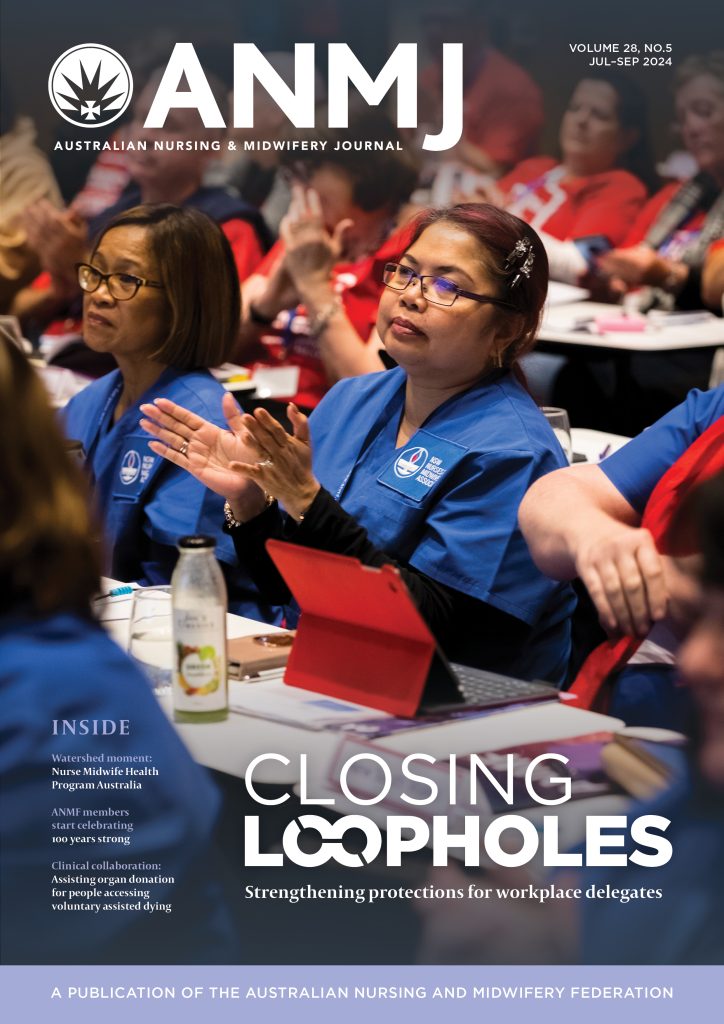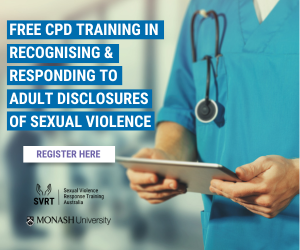Work-life balance. This has become a cliché in our society. But despite its frequent use, this concept is still genuinely relevant to the lives of nurses, midwives and care workers.
Many of us are time-poor. We are constantly juggling different commitments in our busy lives, such as work, family, and personal needs. The Covid-19 pandemic has also changed how we live and work, adding that extra ball to juggle. The outcome of a mismatch between work and life commitment is stress – an impact on our physical and mental health – and decreased work performance and satisfaction.
Australia is slowly falling behind the rest of the developed world in our attempts to balance work and personal lives. Simply put, a good work-life balance means that all aspects of living are in equilibrium or harmony – your work supports your non-work life and vice versa.
So, does your work compete with your caring responsibilities? Does it interfere with your need to attend medical appointments? Does work allow you enough time to maintain your social and family commitments as well as free time? Although non-work life stressors can contribute, it is often work commitments, workplace culture and workplace stress that contribute to a skewed work-life balance.
One aspect of being in a caring profession is that we often work odd hours. Our profession is a 24-hour job, and the needs of our patients/clients don’t align with standard business hours. Shift work, especially rotating shifts, can disrupt circadian rhythms, resulting in chronic health issues, poor sleep, disrupted social interactions and accidents. In particular, shift work can result in social difficulties and isolation. How many times have you missed a family event or social situation because you had to work outside ‘normal’ work hours? Burnout from working excessive night duty is known to compromise a nurse’s emotional and mental reserves.
When the Covid-19 pandemic hit in 2020, working from home was encouraged. Some found this helped their own life balance, as it eliminated the work commute, allowed them to have more personal time, and fulfilled family responsibilities. But others find the separation between work and home had become blurred and they were not able to effectively leave work behind. But for nurses, midwives and carers, work is essential. It pays the bills and, on some level, provides us with fulfilment and social interaction. But in this new realm of pandemics, how can we balance the demands and obligations of work with our non-work lives?
Self-awareness and the ability to recognise that your work-life balance is skewed are the keys. What are your ambitions? Are you happy overall? Are you accomplishing most of what you want? We cannot reach inner balance until we become mindful of this equilibrium. If not, what needs to change?
There are many techniques to achieve a suitable work life balance. Recommended tips include:
-
Leave work at work.
When you walk out at the end of a shift, change from ‘insert name’ the nurse/midwife to ‘insert name’ the parent, sibling, or spouse. Don’t take your nurse persona back home with you.
-
Say ‘NO’ when you can.
Carers are givers and self-sacrificers, so we have the habit of saying yes too often – this can be emotionally draining.
-
Rest and sleep are critical for maintaining balance.
Being well-rested allows us to tolerate stress and avoid burnout. People who get enough sleep often have more positive outlooks, greater mental agility and can put a ‘space’ between a stressor and their response to it.
-
Exercise is a terrific way to work off stress and rejuvenate.
Have hobbies and leisure activities, and don’t simply flop in front of the TV as the default. You don’t have to be a gym junkie, just get out – grab the dog or a friend and go for a walk.
-
Balance your hours.
Research has shown that nearly half of all people who have experienced deterioration in work-life balance believed longer working hours were a contributing factor. If so, is it worth dropping your hours at work to achieve a better work-life balance? Financial considerations often make this change difficult to achieve but it is worth casting a critical eye in this area.
-
You are what you eat.
Our physical and mental health is directly related to our diet. Decrease your intake of fast food, processed foods, and empty calorie fizzy drinks. Eat more complex carbohydrates – they help raise your brain serotonin levels and stabilise your blood glucose levels.
-
Surround yourself with positive influences.
Strive to maintain healthy personal work relationships and avoid toxic people who try to drain your energy.
-
Make time for you.
Prioritise time for yourself, whether that is reading a book, going to the gym, taking a hot bath, or just doing an activity that feeds your spirit. This concept of ‘time for you’ may seem a fantasy, but it is a key to personal happiness.
The balance between work and personal life is a constant rebalancing act, and the equilibrium is always shifting with the vagaries of life challenges. But eventually, making small but mindful changes makes all the difference to a life well-lived.
Be kind to yourself!








